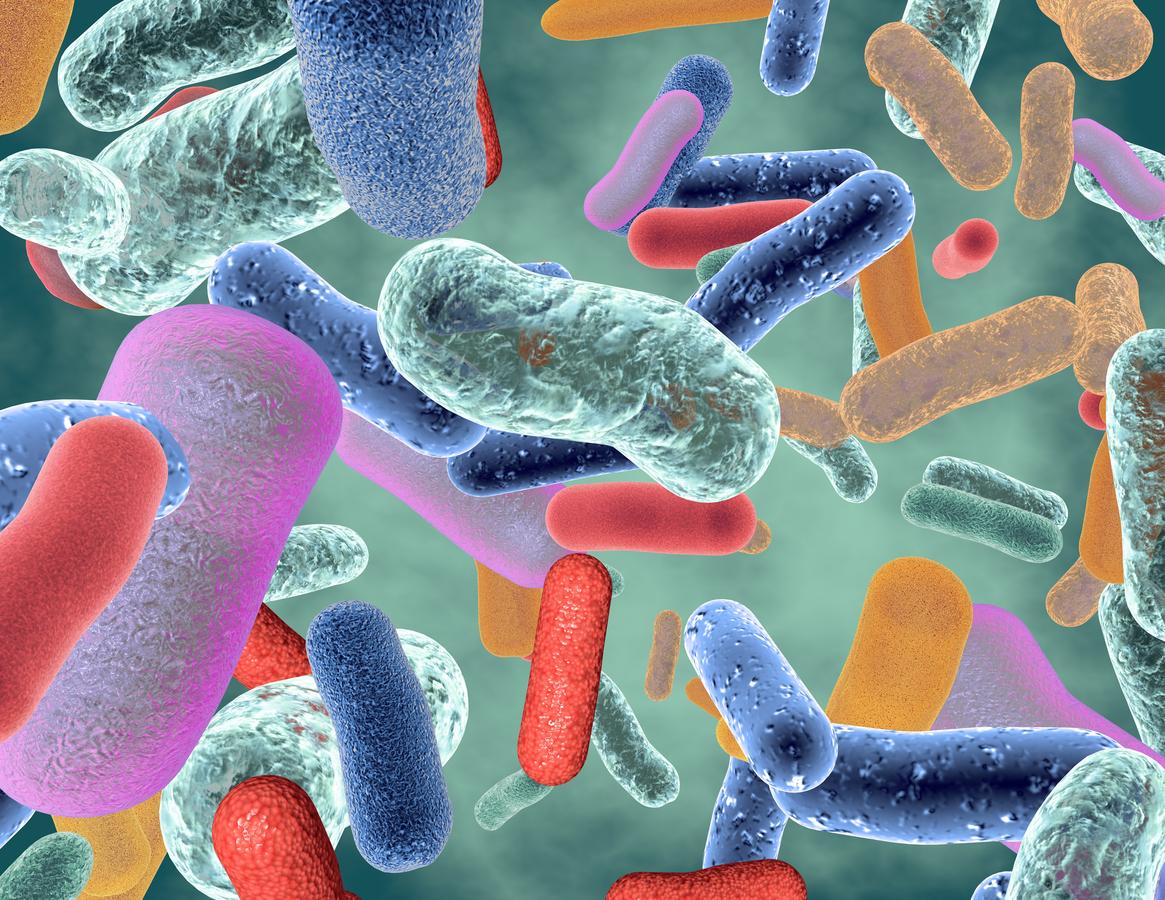French researchers have discovered how the microbiota can block allergies. It would act directly on a particular type of immune cells.

Our intestine is home to a hundred thousand billion bacteria living in symbiosis, forming an organ unique to each one, the microbiota. Throughout life, it changes according to our diet or treatments, such as antibiotics, which destroy some of it.
The alteration of this ecosystem is known to promote the development of allergies, but the underlying mechanisms had not been elucidated. Today it is done thanks to work of French and Japanese researchers published this Thursday in the journal Science.
Allergic reactions are directly linked to those of the immune system. In the presence of an allergen such as pollen, the latter triggers a series of reactions to eliminate it, causing very intense inflammation in people with allergies. Studies have shown that mice treated with antibiotics from birth develop more allergies than untreated mice. Thus, when the microbiota is intact, it is able to block allergies.
Different types of immune cells
To elucidate the mechanism of action of the intestinal flora on white blood cells, Gérard Eberl’s team, head of the Microenvironment and Immunity unit at the Pasteur Institute, looked into the different immune mechanisms involved during of an assault. Indeed, according to the foreign body, it is not the same cells which intervene to defend the organism.
If the attacker is a bacterium or a fungus, it is cells called type 3 that come into play. In the case of a parasitic worm or an allergen, which are larger elements, the immune system sends them. type 2 cells. These are therefore the ones that cause the allergy.
By studying mice, the researchers noticed that type 3 immune cells block the action of type 2 cells. The allergen is therefore not destroyed and no allergic reaction takes place. This work thus suggests that the microbiota indirectly blocks allergies by acting on type 3 cells.
Stimulate type 3 cells
“These results explain that the slightest imbalance in the diversity of the microbiota can cause an exacerbated response of type 2 immunity which protects against large parasites, but can also result in allergic responses”, explains the Institut Pasteur in a press release. .
An observation that offers new therapeutic avenues. To treat allergies, drugs could stimulate the action of type 3 cells to block type 2 cells. However, this mechanism remains to be explored in humans.
.
















